Top Tips for Preparing for a Hurricane
Hurricanes always seem to be on the news, and the devastation that they cause once they reach coastlines simply cannot be ignored.
If you live on the coastline especially, regardless of which country or continent you live in, preparing for hurricanes and cyclones must be a top priority for you.
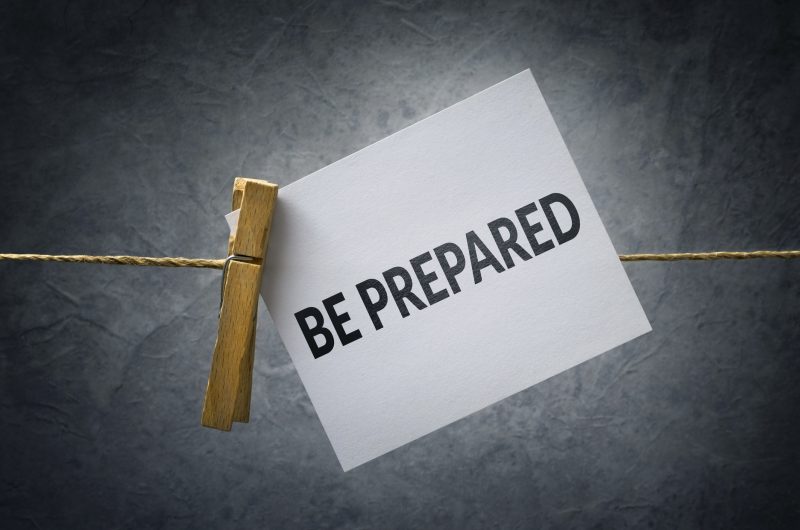
Here are the top tips on how you can prepare for a hurricane:
BE INFORMED

Fundamentally, the most important thing you can do before a hurricane is to be informed. This means to stay up-to-date with the storms in your area and to take action BEFORE the hurricane occurs.
Don’t be one of the poor folks who is caught off-guard. You should be fully aware that it is incoming and take action appropriately.
WHAT TO DO BEFORE THE HURRICANE HAPPENS
When you know that a hurricane is coming in the upcoming days, you should take action immediately.
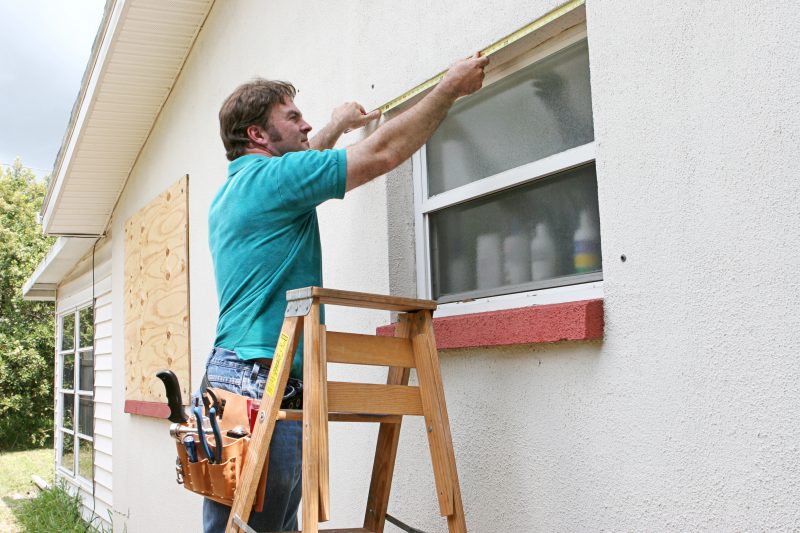
First, prepare your property and house for the hurricane. You should have storm shutters installed that you can use to protect your windows. If you don’t have shutters, the next best option is to board them up with wood, plywood, or anything else you can use.
DO NOT use duct tape to protect your windows from breaking as it will do absolutely nothing. Plywood is a better choice.

Do you have a safe room in your house installed? If not, you should. At the very least, you need a room in the house that you can retreat to during a hurricane. This room also needs to be well-stocked with equipment, survival gear, cots for sleeping, first aid kits, food, and water. Remember: you might be isolated for several days after the hurricane without power.
NOTE: as a golden rule, have at least a week’s supply of food and water in your safe room. A one month’s supply would be even better.
You’ll also want to have plenty of cash on hand for emergencies, as you may need to barter or buy things without the use of credit or debit cards if the power is down. A thousand dollars of cash on hand is a good amount to cover you for a while.
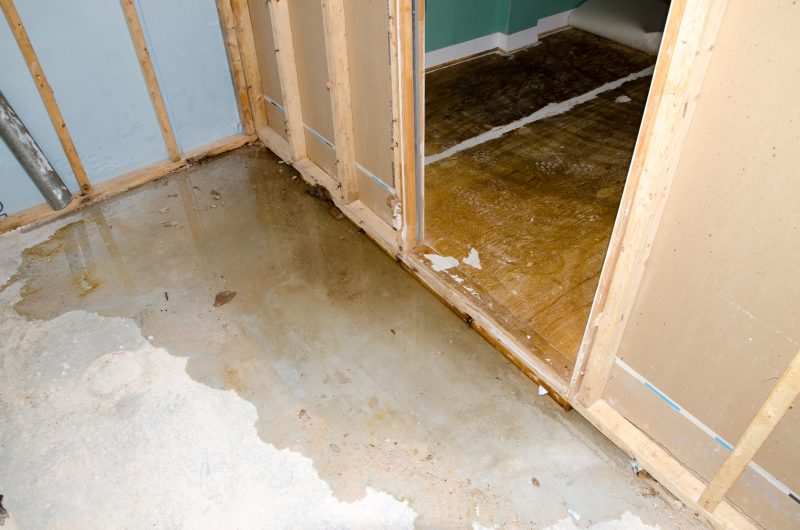
You also need to prepare for the possibility that your house may become flooded. Elevate items you want to protect from water damage in your basement and lower parts of the house to higher levels. Examples of things to move include books, jewelry, guns, family heirlooms, and anything else of similar value.
As for the outside, be aware that smaller to medium-sized items can easily be picked up and carried away by the strong winds and become dangerous projectiles. These include awnings, plants, trash cans, lawn furniture, toys etc. Bring all items either into the house or into the garage.
Last but not least: ensure that all of your vehicles are fully fueled. You may need to evacuate (more on this later), and you’ll need fully-fueled vehicles in order to leave.
WHAT TO DO DURING THE HURRICANE
Throughout the duration of the hurricane, it is vitally important that you stay informed. You can do this through TV, radio, and the internet. You should also switch off all of your utilities, including running water, electricity, and propane.
Before you switch off the utilities, however, you’ll want to collect as much water as you possibly can in your sinks and bathtubs. Even if you already have a lot of water stockpiled already, the more water you can collect the better.
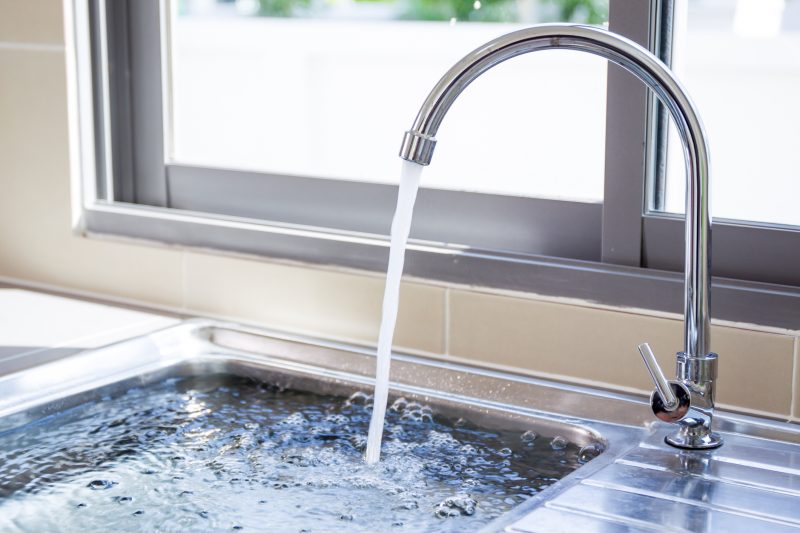
Keep the doors to your refrigerator closed, and set the thermostat to the coldest levels. Bunker down in your safe room in your home and wait out the storm. DO NOT go outside during a hurricane. Not only can you get swept away by the water and winds, but there’s also a strong risk of getting hit by flying debris.
WHEN SHOULD YOU EVACUATE?
Obviously, you will always have to evacuate if you are ordered to by the authorities, and it’s important to follow their instructions on how to do so.
That being said, it may also be wise to evacuate your home and property before the hurricane hits and before the roads become congested with traffic. Bugging out while the hurricane is landing will only leave you exposed to the winds and the rain out in the open. Bugging out before enables you to avoid all of that. Examples of where it would be wiser to evacuate a hurricane rather than stay bunkered down in your home include the following:

- If you live in a high rise apartment or condo, as the hurricane winds are much more strong and powerful at higher elevations
- If you live in a yurt, tent, mobile home, or any other kind of weak structure that will not be strong enough to withstand hurricane winds
- If you live near a river, floodplain, waterway, lake, or near the coastline
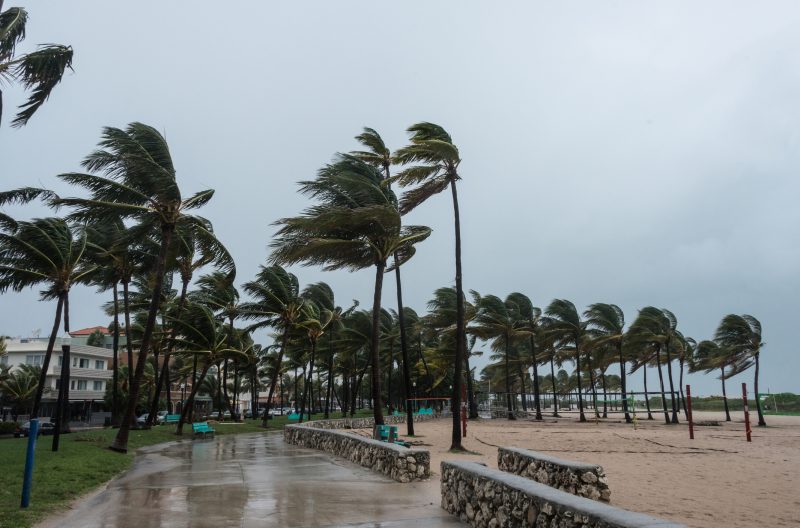
If you do need to evacuate, it’s important to have your vehicles fully fueled and stocked with supplies and a bug out bag. Have no less than three routes for leaving your city and have a location outside of the danger zone but within driving distance of the city as well. This can be a remote property, a cabin, or a friend or relative’s house (with their permission).
CONCLUSION
Again, the most important thing that you can do to prepare for a hurricane is to BE INFORMED. Keep up to date on details before and while the hurricane lands. This is without question the most surefire way to be ready for a hurricane and to take action accordingly.





